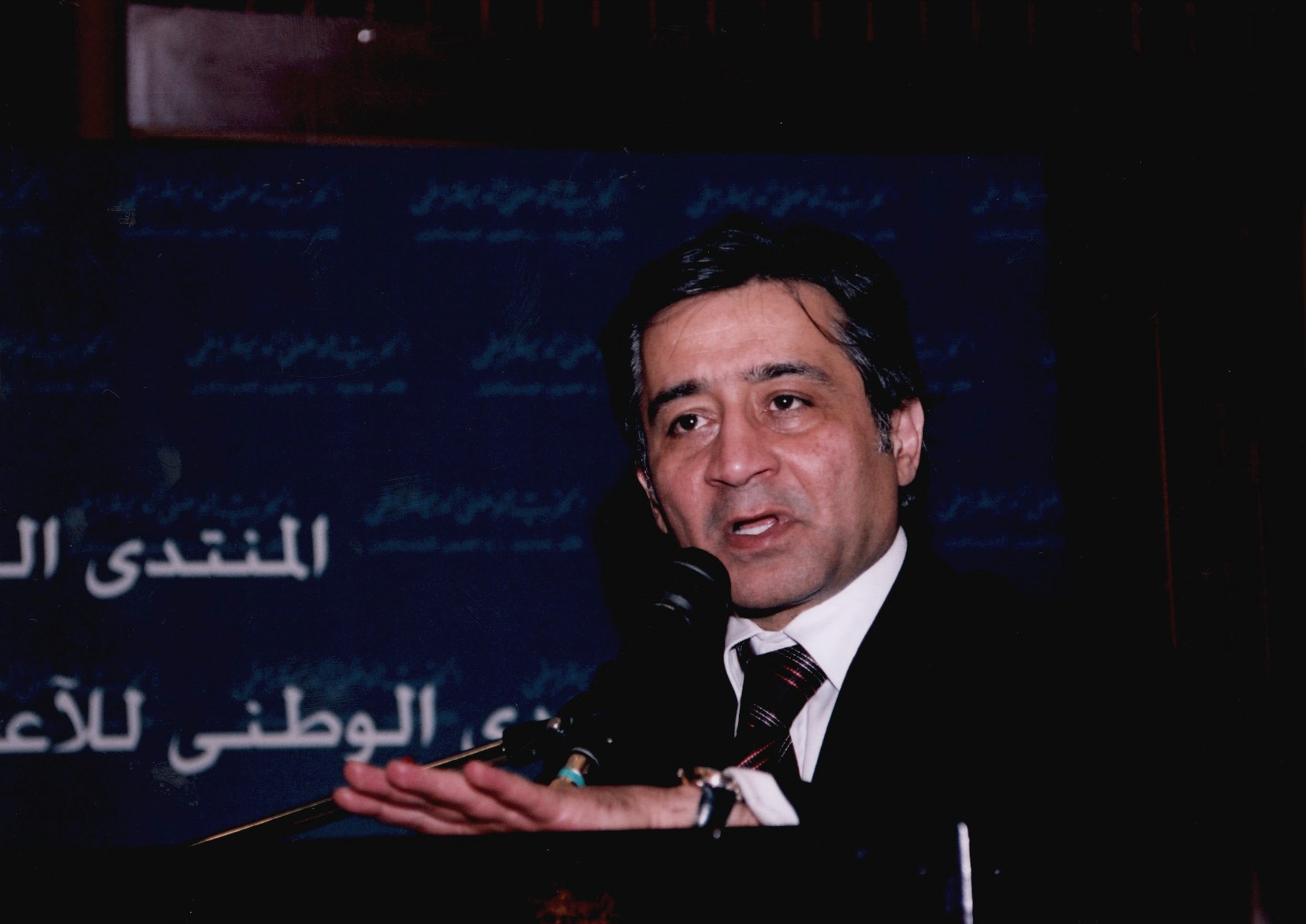CAIRO: Despite concerns that the Sharia definition of death would delay the People s Assembly s (PA) approval of the organ transplant law, spokesperson for Grand Mufti Ali Gomaa says that doctors remain the primary arbiters of the debate.
There is no explicit [religious] opinion [on the definition of death], said Sheikh Ibrahim Negm, the Grand Mufti s spokesperson. There is still a debate among doctors and because it hasn t been resolved, Dar El-Ifta (the Egyptian Islamic Legislation Authority, responsible for issuing edicts) has not and will not settle this debate.
The main contention is whether an arrest of the body s brain functions constitutes death.
The organ transplant law, which is expected to gain the approval of the PA in April, assigns an independent committee of three experts to unanimously confirm an organ donor s death after conducting several tests.
According to Head of the Doctor s Syndicate Hamdy El Sayyed, death can either be determined by the complete arrest of the body s circulatory and respiratory functions, or by the complete arrest of all brain functions.
The latter, however, is a relatively new conception. In earlier times, death was determined based on particular physical observations such as the drop in body temperature, the relaxation of the legs, or the leaning of the nose. But in light of the progress made in scientific and medical knowledge, doctors cannot continue to rely on third or fourth century definitions of death, El Sayyed said.
In cases of brain death, waiting for the observable signs of death would mean that it is too late to harvest the needed organs.
Despite opinions of both National Democratic Party and opposition MPs that parliament s religious affairs committee should be included in the debate, PA Chairman Fathi Sorour has excluded it from the discussions, leaving the matter to the health committee.
Negm aggress that the religious affairs committee should be excluded in the initial stages of the debate. Once the draft law has been presented to the PA and the medical debate has been settled, it can be referred to the religious affairs committee or other religious authorities, he said.
According to El Sayyed, religious recognition of brain death is essential to the success of the draft law.
Official religious institutions must accept this definition of death for it to be constitutionally valid, he said, because the constitution stipulates that Sharia is one of the principal sources of all laws.
The religious debate stems from the medical debate and not vice versa. Once the medical debate has been settled, it will be easier for religious scholars to settle the matter, Negm said.
However, according to El Sayyed, the medical debate on brain death is an ongoing one. Religious authorities cannot wait for every scientist or doctor to arrive at the same conclusion, he said.
Meanwhile, some religious researchers have already made up their minds.
In a research published on the Dar El-Ifta s website, one scholar makes the argument that organ transplants from a donor whose brain has ceased functioning is forbidden in Islam.
In religious terms, death is the parting of the soul from the body, which is determined by the physical signs of death, the research argues. A person whose brain is dead still has a beating heart and functioning organs and his death is therefore disputable. In the absence of the certainty of death, it must be concluded that this person is still alive.
However, Negm says, these findings do not represent a consensus; they reflect the views of their author, a researcher named Mostafa Abdel Karim, and not Dar El-Ifta as a whole.
The parting of the soul from the body belongs to the realm of the unseen. When it comes to organ transplant, this matter is not going to be considered because no one can be certain of when it happens, he added.


